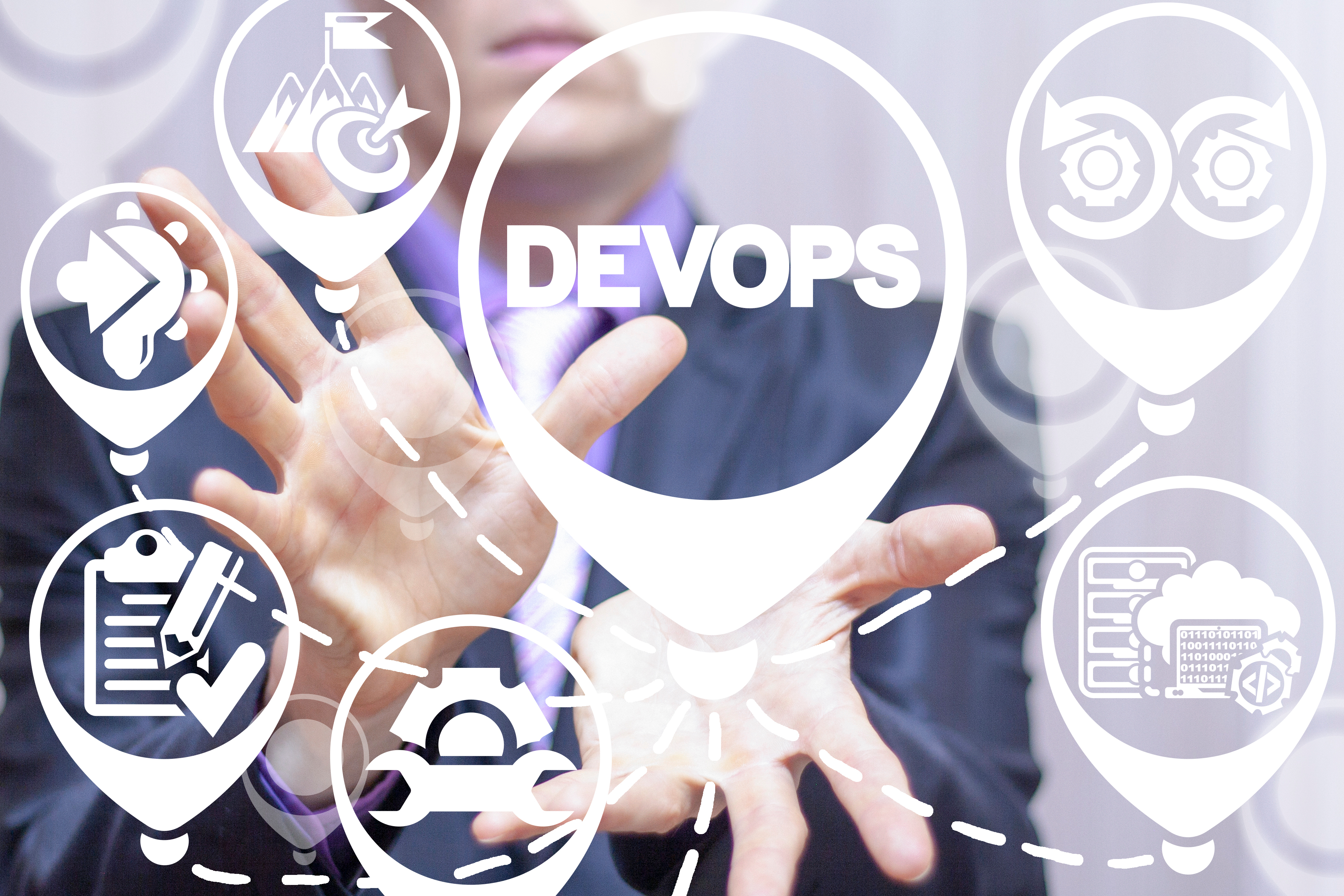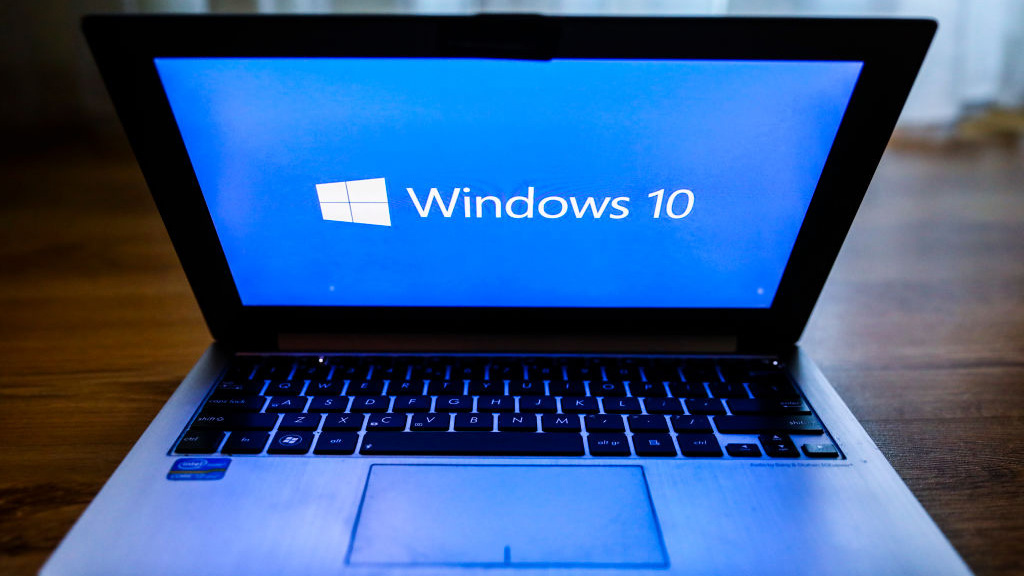The software quality crisis no one’s talking about: How partners can help


Stay up to date with the latest Channel industry news and analysis with our twice-weekly newsletter
You are now subscribed
Your newsletter sign-up was successful
As organizations race to modernize and adopt AI, many are skipping a crucial step: ensuring their software actually works, and works well. With high-profile instances of poor quality software - the CrowdStrike outage from last year, and the historic Post Office saga - causing global disruption and reputational disaster, brands simply cannot risk delivering poor quality software to the market.
Our recent 2025 Quality Transformation Report showed that, in the pursuit of speed, quality is being sidelined. Nearly two-thirds of global businesses admit to deploying code without fully testing it, and the consequences are catching up. More than forty per cent estimate that their annual losses from poor-quality software exceed $1 million, with financial services firms reporting the most dramatic shortfalls.
This isn’t just about budget overruns: it’s about trust, resilience, and risk. Two-thirds of organizations expect a major outage or disruption within the next year, and a quarter of them consider that risk “extreme.” Yet while the threat is clear, few companies have the internal resources or expertise to tackle it. The result is a growing dependency on external partners for quality assurance - not just for execution, but also for guidance.
Why partners must lead with quality
Too often, quality assurance (QA) is treated as a narrow technical task at the tail end of a project. In reality, it should be front and center. Done right, quality assurance helps reduce technical debt, de-risk transformation, and protect user experience. In a digital world where downtime and poor performance are no longer tolerated, clients can’t afford to get this wrong. Users have options, and if one app fails to meet expectations, switching to an alternative takes seconds. Brand loyalty evaporates quickly when quality fails.
This is where MSPs, ISVs, and SIs have a critical role to play. The opportunity isn’t simply to help implement new technologies. It’s to lead with quality, acting as trusted advisors who bring structure, discipline, and strategy to software delivery.
Most clients don’t have the in-house capability to run comprehensive QA programs. They’re looking for someone who can help them make sense of the bigger picture: aligning technology with business goals, defining outcomes, estimating resources, managing timelines, and ensuring performance across complex, evolving stacks.
Reframing quality assurance: From afterthought to business imperative
Partners need to help clients reframe QA not as a value-add, but as a necessity - as fundamental as cybersecurity or compliance. Think of QA like insurance: it’s the safeguard against costly rework, outages, negative headlines, and lost revenue.
Stay up to date with the latest Channel industry news and analysis with our twice-weekly newsletter
Poorly tested software doesn’t just damage a product. It can sink a reputation. We’ve all seen what happens when critical systems fail. Whether it’s operational disruption or, in some high-profile cases such as the Post Office, legal consequences stemming from preventable flaws.
Even as new technologies promise faster delivery, they also introduce new risks. AI is a prime example. While over 80% of IT leaders express excitement about using AI to accelerate delivery and automate repetitive tasks, there are serious concerns about governance, explainability, and trust.
The same tools that can help accelerate QA can also introduce bias or create blind spots if deployed without discipline. That’s why our report finds that organizations want more than automation. They want responsible implementation and to trust that what’s being deployed is not just fast, but right.
A new kind of partner engagement
Here too, partners are uniquely positioned to lead. By offering services like AI-driven testing, quality intelligence, and autonomous validation, they can help clients bridge the gap between innovation and reliability. According to our report, nearly all respondents - a staggering 99.89% - believe autonomous testing will play a valuable role in QA, particularly in improving speed, analyzing test results, and maintaining test cases. This opens the door to a new kind of partner engagement - one focused on enabling quality at scale, even as complexity increases.
The takeaway is simple: the market needs partners who understand that quality is not a phase, it’s a mindset. From initial advisory conversations through to implementation and ongoing support, partners who embed QA into every phase of delivery will be the ones who earn lasting trust. That means helping clients define quality standards, establish outcome-driven metrics, and build automation frameworks that scale with their ambitions.
In the AI era, speed matters. But trust matters more. Organizations that ignore software quality are gambling with their future. Meanwhile, those who build with resilience in mind can move both faster and smarter.
For today’s partners, this is a moment to lead. Not by selling solutions, but by shaping them. Not by reacting to quality failures, but by preventing them. The next wave of transformation won’t be won by those who simply deploy AI; it will be led by those who ensure it works.

Since joining Tricentis in 2018, Clayton has played a central role in building strategic relationships with global system integrators and driving channel growth.
With more than two decades of experience in the tech industry, Clayton has held senior alliance and partner roles at Delphix, HPE, Dell Technologies, and Quest Software, consistently focusing on scaling collaborative go-to-market models.
Known for his hands-on leadership style and ability to align complex partnerships around shared goals, Clayton holds a degree in Educational Psychology from Cardiff University, a background that has shaped his thoughtful approach to leadership, communication, and building high-performing teams.
-
 Mistral CEO Arthur Mensch thinks 50% of SaaS solutions could be supplanted by AI
Mistral CEO Arthur Mensch thinks 50% of SaaS solutions could be supplanted by AINews Mensch’s comments come amidst rising concerns about the impact of AI on traditional software
-
 Westcon-Comstor and UiPath forge closer ties in EU growth drive
Westcon-Comstor and UiPath forge closer ties in EU growth driveNews The duo have announced a new pan-European distribution deal to drive services-led AI automation growth
-
 Breaking boundaries: Empowering channel partners to unite DevOps and MLOps for a stronger software supply chain
Breaking boundaries: Empowering channel partners to unite DevOps and MLOps for a stronger software supply chainIndustry Insights Unifying DevOps and MLOps speeds delivery, strengthens governance, and improves software supply chain efficiency
-
 It’s no longer either/or for Windows and Macs – and that’s a win for the channel
It’s no longer either/or for Windows and Macs – and that’s a win for the channelIndustry Insights Corporate thinking about default operating systems has changed over the years, and that's something the channel should find helpful rather than a hindrance…
-
 The Windows 11 migration conundrum: What role can the channel play?
The Windows 11 migration conundrum: What role can the channel play?Industry Insights Resellers are instrumental to making the right choice about the next steps...
-
 Windows 10: Six essential steps IT teams should take over the next two months
Windows 10: Six essential steps IT teams should take over the next two monthsIndustry Insights With Windows 10 support ending soon, IT leaders must act now to mitigate risk
-
 Migrating to enterprise voice: A strategic approach for modern businesses
Migrating to enterprise voice: A strategic approach for modern businessesIndustry Insights Hybrid work has put increased pressure on the reliability of communication solutions, could enterprise voice be the unified communication system your enterprise needs?
-
 New Microsoft AI Cloud Partner Program entwines AI with the cloud
New Microsoft AI Cloud Partner Program entwines AI with the cloudNews Microsoft says the two will now be “integrated and inseparable” as it launches its new AI-focused ecosystem